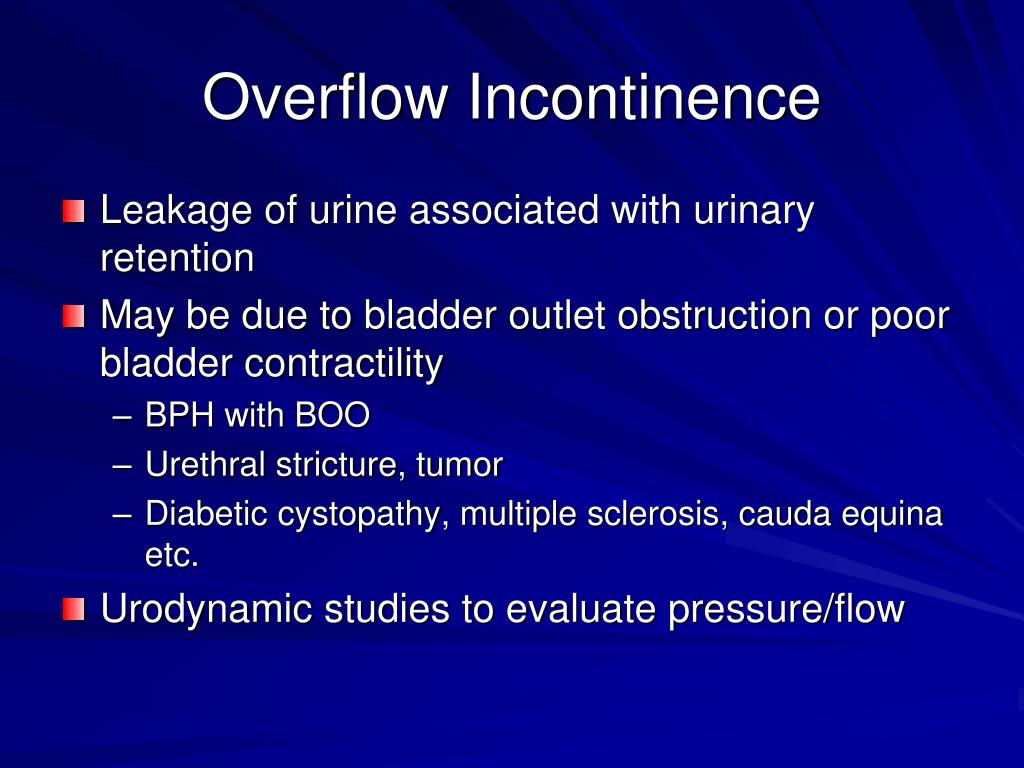

Neurogenic bladder is a very common condition that people with spinal cord injuries suffer with. A neurogenic bladder can keep you from having normal bladder control. The sphincter muscles keep the urethra closed so you are not pissing your pants all the time.Ī neurogenic bladder or as a layman would say it a ‘ neurological bladder ’ is what happens when the relationship between your nervous system and bladder becomes skewed. The urine goes out through your urethra which has sphincter muscles. When you make it to a bathroom safely in time and are ready to urinate, the brain tells the bladder muscles to squeeze or contract themselves. Once the message reaches your brain, it isn’t long before you rush to the bathroom to pee. You know your bladder is reaching its limit because of the nerve signals that reach the brain. The bladder deflates when the urine is let out.

When the urine produced by the kidneys reaches your bladder it expands like a balloon. The bladder is held in place by pelvic muscles in the lower region of your belly. Another job that the bladder performs is to let the urine out of the body when it receives a signal from the brain and the spinal cord. The job of this container is to store urine produced in the body. Think of your bladder as a hollow, round container. These organs help make, store, and pass urine. He or she can perform tests to diagnose your bladder condition and determine whether you may have neurogenic bladder dysfunction.Your urinary system has a bladder, ureters, urethra, kidneys and lots of nerves. If you’re experiencing incontinence, see your doctor. Usually occurs when the spinal cord is injured above the area medically labeled as the “T12” level Reflex (spastic bladder) incontinence happens when the bladder fills with urine and an involuntary reflex causes it to contract in an effort to empty Urine loss not associated with any pathology or problem in the urinary systemĪssociated with physical or cognitive impairment such as immobility, Alzheimer’s disease, or head injury Many causes, such as spinal cord injury, diabetes, neurological damage, Parkinson’s disease, multiple sclerosis, or an enlarged prostate May be associated with pregnancy, childbirth, menopause, pelvic trauma, and neurologic diseases such as Parkinson’s disease and multiple sclerosisĬombination of stress and urge incontinenceĪ combination of any of the stress or urge incontinence common causes listed aboveĪ frequent dribble of urine due to inefficient bladder emptying symptoms are similar to stress incontinence Pregnancy, childbirth, menopause, pelvic radiation, surgical traumaĪn occasional sudden need to urinate with large volume urine loss can also exist without incontinence Urine loss during activities such as coughing, sneezing, laughing, jumping, or lifting Reflex incontinence is another type caused by an injury to the spinal cord. The main types of urinary incontinence are stress, urge, mixed, overflow, and functional. Some, but not all, people with neurogenic bladder experience incontinence.

Urinary incontinence can occur in people of all ages, and for a variety of reasons. If bladder control is lost and urine leakage occurs, it is called incontinence. What you may not know is that there are different types of incontinence, each having different causes. Learn about different types of urinary incontinenceĪs you learn more about your neurogenic bladder dysfunction or bladder disorder, you probably know that one of the symptoms is incontinence.

Explore six types of urinary incontinence, including those related to neurogenic bladder. There are different types of urinary incontinence, each with distinct symptoms and causes.


 0 kommentar(er)
0 kommentar(er)
